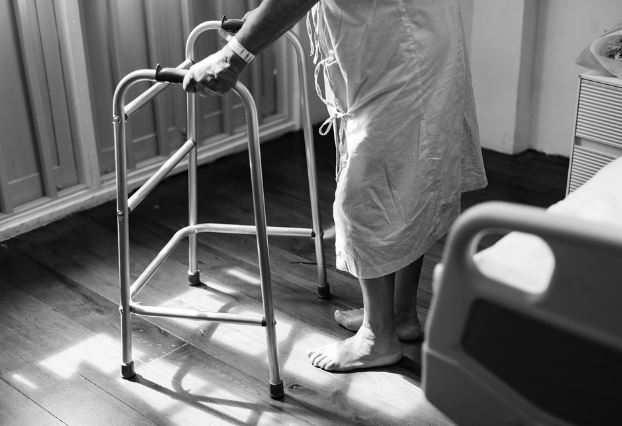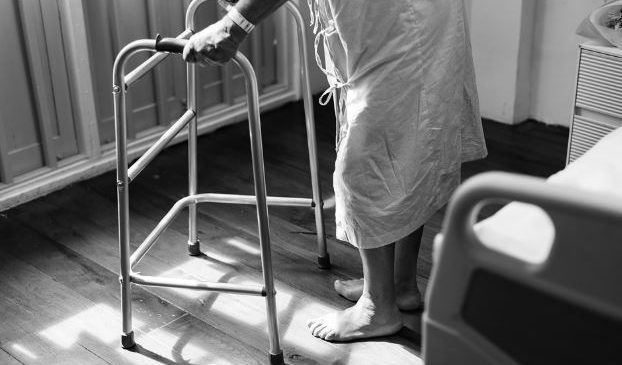For those who care for an elderly family member, there seems to be two ways that they get to their role of caring for them. One is that the task dramatically sneaks up on them, and the second is when a sudden crisis comes and they are left to take on the task.
Whether the responsibility for caring for your aging or elderly family member has slowly creeped up into your life over the weeks and months, or a sudden and serious health condition befell them, here’s some tips that can help you cope with this big and selfless task.

The Task Sneaks Up on You
You may notice how your senior loved ones, a parent or family member, would have ever increasing needs and you find yourself catering to them. This is because it’s deeply rooted in our culture and upbringing that we should take care of our elderly parents.
So, from cooking for them to running errands and assisting with chores, you do it. Eventually, the errands and tasks would center on your elderly family member and you’ll realize these have taken over your life. You start moving around your schedule and other priorities so it revolves around your role of caring for your elderly family member.
It may hit you later that while you are just doing what you have to do, you have become a full-time caregiver without you even realizing it.
A Sudden Health Crisis Comes
Your elderly family member may have gone to a sudden trip to the ER, or get a few tests and suddenly, you’re catapulted into the midst of taking care of them.
Bam! Out of the blue, your parent had a stroke and you have to move to care for them, or your father broke his hip and you have to move closer to him to care for him.
Whatever it is, a crisis occurs more often in elderly people, and family members such as you would also feel the crisis’ impact.
What You Can Do
Whatever led you to your caregiving role today, you know you have to make adjustments–changes–in your life. Where do you start? What do you do? How can you handle it all?
Set boundaries. With family members, people are more comfortable around you and they may ask you to do so many things for them, something that they may not be able to do so easily with hired professional caregivers. However, if you just blindly do everything they tell you to do, you’re guaranteed to burn out.
It may be harder to say “No” to a sick elderly parent, but you have to distinguish their needs from yours. Setting healthy boundaries also sets the stage for mutual respect and consideration, which is essential for you to be an effective caregiver. You also have to remember to care for yourself.
Prepare a care plan. If you have to write it down, do so. Create a plan for your role as a caregiver, with things that you need to do for your parent, as well as doctors’ appointments, medication schedules, and more.
However, it’s important to understand that you must still be flexible, as you may not know what will happen next. Furthermore, you have to understand that it’s okay to step back once in a while and let others take on the role–honestly, you can’t do it all–so that you can have some time off to yourself.
Seek help when needed
Don’t be afraid to seek help when things get overwhelming, or on some days you really can’t care for them due to other reasons. It’s alright to seek help and it doesn’t make you less of a person or less effective as a caregiver.
You may turn to facilities such as ours at Blessed Home, to allow your loved ones a place to belong in, where they can feel empowered and enjoying their time in an adult daycare or nursing home facility.


Recent Comments